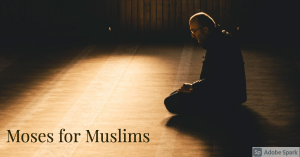
| For a short, but wonderful season some years ago, I lived in northern Pakistan in the lovely city of Bradford, England. One of a long list of poignant memories of our curry-scented neighborhood was watching the local kiddos, dressed in white, streaming resolutely to mosque school each afternoon.
I didn’t know all that happened there. Still don’t, in fact. Apparently, in some Islamic schools, kids learn nasty little songs about cutting people’s heads off. Lacking the language skills to properly pursue the prevalence of this, I’m going to assume that’s not the main thing after school Islamic training prioritizes. Memorizing the Quran, up to the whole book, is another task of such programs. This intrigues me. Granted, most Muslim kids likely memorize in a language they don’t speak. And my conviction is that doing must be coupled with knowing. But still, that’s an ambitious task. Can you imagine your pastor announcing that for the next year youth group will focus on memorizing the whole Bible?!? Makes me laugh just to think of it! My wife and I led our church’s middle school youth group last night. We fussed and fretted over how to communicate the main points of the Bible story (The clearly low-hanging fruit of Shadrach, Meshach and Abednego!), while maintaining the kiddos’ interest. I even set my hand on fire to communicate the lesson! Jesus went to great lengths to communicate in ways that would stick. We should too. But maybe we sell our kids short? Maybe we could raise the bar, at least for some kids? What if we asked them to memorize some of the Bible? All of it? (AWANA parents and kids: Keep up the good work!) It will be a gut punch if a Muslim kid in college kindly tells my kid he’s memorized the entire Quran and asked why my kid hasn’t memorized the Bible. Well, now I’m feeling pretty convicted. I’m off to memorize life-giving scripture with my kiddos. |



